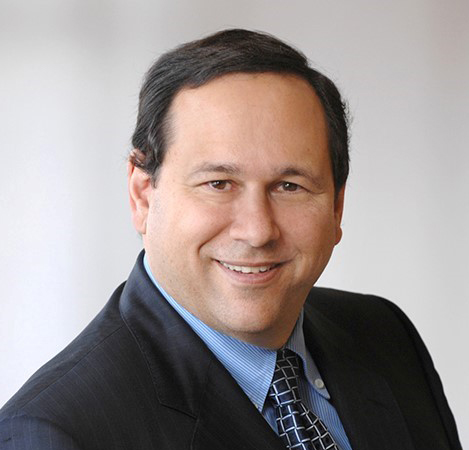On Nov. 9, the Lyric Theatre at the Toronto Centre for the Arts will be home to some of North and South America’s top jazz musicians, who will perform Brazilian, samba, swing and Cuban music at an event called Chords for Chordoma.
The inspiration for the one-of-a-kind concert came from 61-year-old Steven Golick, a man with a passion for law and music. Golick is a retired partner and former chair of the insolvency and restructuring group, Osler, Hoskin & Harcourt LLP.
Prior to his 30 years as a lawyer, Golick was a professional musician. He capitalized on his musical passion by creating this event, which will bring together 11 musicians, including Memo Acevedo, Pat LaBarbera, Andre Mehmari, Chico Pinheiro, Dave Restivo, Liz Rosa, Jackie Richardon, Reg Schwager, Howie Silverman, Kevin Turcotte and Dave Young.
READ: THE INSIDE SCOOP ON THE RIDE TO RAISE THE MOST MONEY FOR CANCER
“These people have performed with household names, such as Ella Fitzgerald, Frank Sinatra, Tony Bennett, Ray Charles, Oscar Peterson, Chick Corea and Dizzy Gillespie. Many of the evening’s compositions will be original. People have been writing songs just for this night,” said Golick, founder and CEO of the Canadian Chordoma Network.
In September 2012, Golick was diagnosed with chordoma, a rare type of cancer that occurs in the bones of the spine, or, as in Golick’s case, the skull.
“I couldn’t walk in a straight line. After a couple of days, I went to see my doctor and they did a series of neurological tests. I was told there was a very large mass,” said Golick.

According to the Chordoma Foundation, the condition is diagnosed in just one in a million people every year. It can occur at any age, but is most often found in people in their 50s and 60s. Chordomas can occur anywhere along the spine, from the head to the tailbone. Skull-base chordomas are sometimes called brain tumours, because they grow inside the skull toward the brain, but they do not actually develop from brain cells. There are no known environmental, dietary or lifestyle risk factors for chordoma – the vast majority of cases seem to occur at random.
Golick’s treatment included a 12-hour surgery, 39 daily radiation treatments and a long recovery period.
“The thing about chordoma is that there is no cure and it always returns,” said Golick. “As part of my journey, I wanted to give back and do something charitable. My life has had different eras. One of them has been insolvency and restructuring – fixing companies. One has been music. And another, my charitable work.”
Among his numerous accolades, Golick was awarded the Queen Elizabeth II Diamond Jubilee Award for his contributions to the community, including his role as a co-founder, director and secretary of Kids Help Phone.
‘I feel truly lucky.’
“In my early days, I was a professional musician on keyboards: piano, organ, electric piano, synthesizer, anything with keys. I was playing everything from rock and pop, to funk and disco. Then I moved over to the world of jazz and fell in love with it. It’s almost like a drug, because once you get the passion for it, it’s pretty hard to let go of,” said Golick.
In recognizing Golick’s passion for the law, the evening will honour Janis Sarra, a presidential distinguished professor at the University of British Columbia, founder of the Annual Review of Insolvency Law conference and co-author of Bankruptcy and Insolvency Law of Canada and The 2017 Annotated Bankruptcy and Insolvency Act.
“I feel truly lucky, not that I would wish chordoma on anyone, but I don’t have any regrets – it’s part of the journey that I am on. My life will be shorter, but we never know where the journey ends. Wherever it ends, we are all going to the same place,” concluded Golick.
Funds raised from Chords for Chordoma will go to the Canadian Cancer Society, to benefit chordoma research. Tickets can be purchased through the Toronto Centre for the Arts, or ticketmaster.







